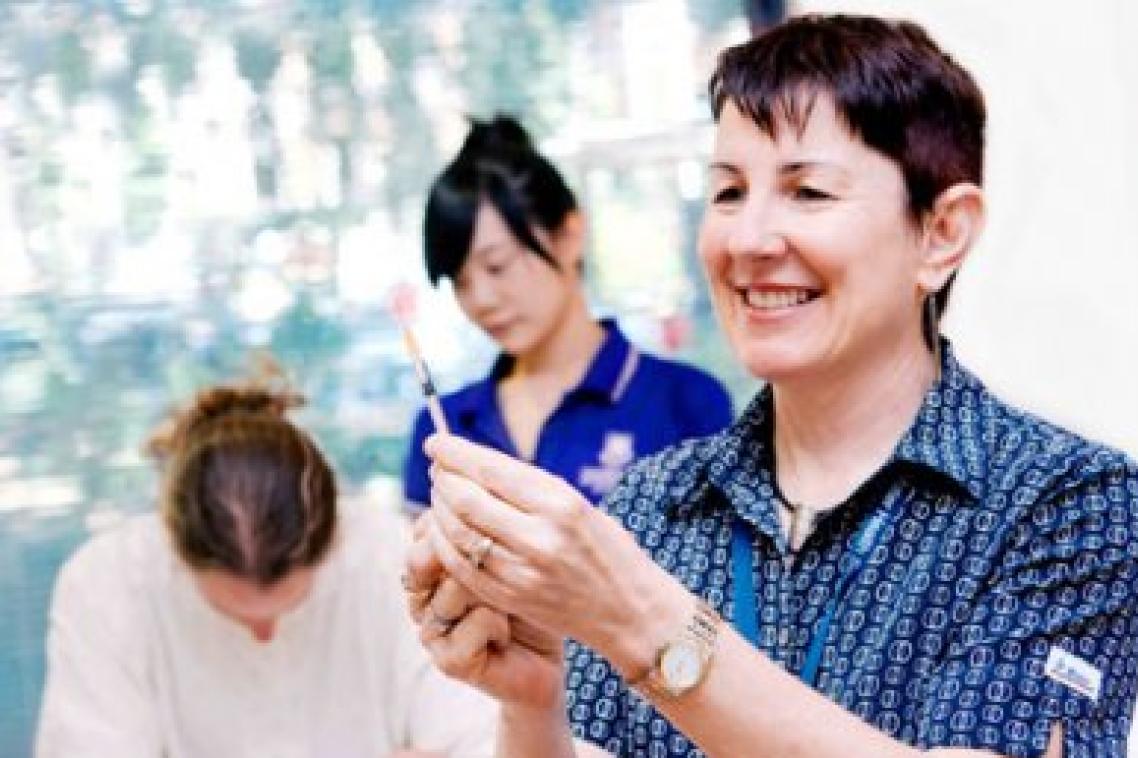Water injections to relieve back pain in labour no longer ‘midwifery voodoo’

Sterile water injections provide effective pain relief for women with labour back pain, according to University of Queensland-led research.
Dr Nigel Lee from the UQ School of Nursing, Midwifery and Social Work said the injections were previously seen as controversial but this study shows they are safe and effective.
“Some midwives have used this practice in order to provide pain relief for a number of years, however until now, there has always been limited research to suggest that it works, “Dr Lee said.
“In fact, many hospitals refused to support the procedure, viewing it as ‘midwifery voodoo’.
“This research provides definitive evidence that water injections offer effective pain relief for the majority of women with labour back pain.”
Data was collected between 2012 and 2017 in one British and 15 Australian maternity units.
More than one thousand women in labour with severe back pain were given either water injections or a placebo of saline solution.
Dr Lee said twice as many of the women who received the water injections reported their pain reduced by at least half, for 90 minutes or longer.
“The implications of the results of our trial are huge,” he said.
“Unlike normal labour pain, back labour pain is unpredictable and often continues between contractions with no break.
“Most drugs provided for labour pain are ineffective for back pain which may persist even after an epidural has been given.
“Water injections have been shown to be simple, effective and safe, and to have no effect on birth outcomes.”
Professor Sue Kildea from Charles Darwin University said the simplicity and safety of the procedure made it of enormous value to women around the world.
“Water injections will not only be of benefit to women wanting to avoid pain relieving drugs during labour, but also where women have little or no access to pain relief during childbirth, such as home birth and countries with developing health systems,” Professor Kildea said.
This research was a collaboration between UQ, Charles Darwin University, University of Skövde and the Oxford University Hospitals NHS Foundation Trust.
The study is published in The Lancet journal EClinicalMedicine.
Topics
Related articles

Australia needs doctors – so why are hundreds of qualified international physicians unable to work?

Greater attention needed on community service workforce
Media contact
UQ Communications
communications@uq.edu.au
+61 429 056 139
